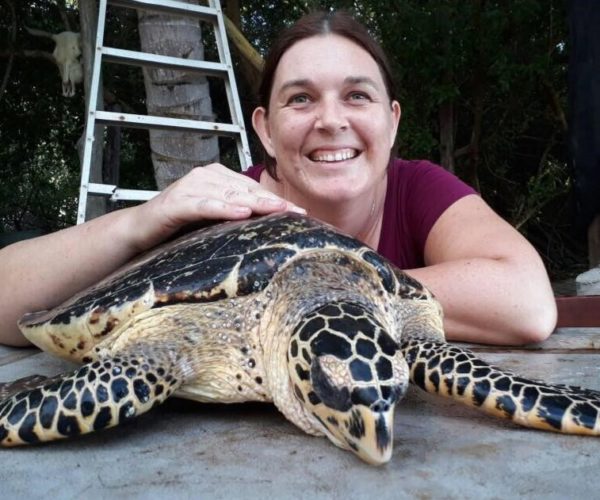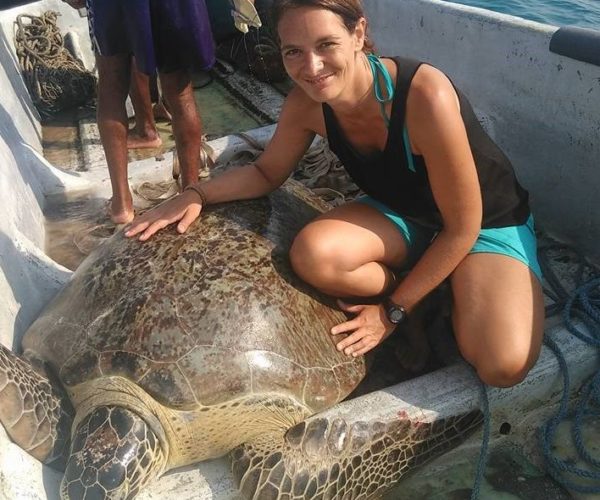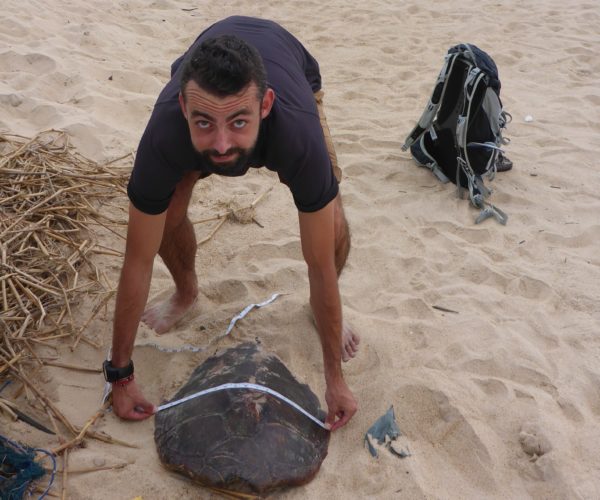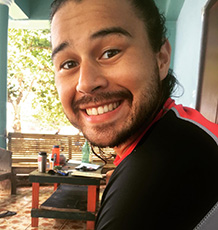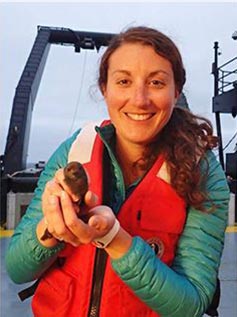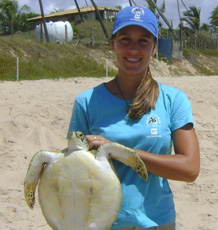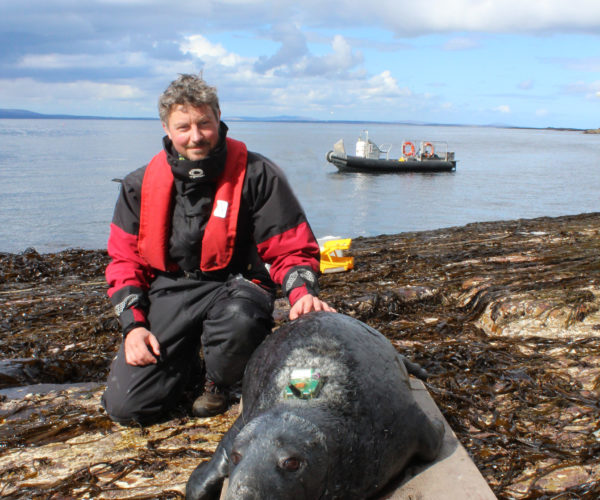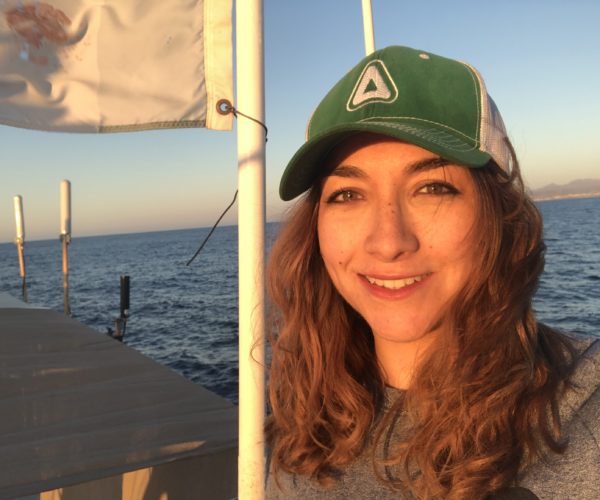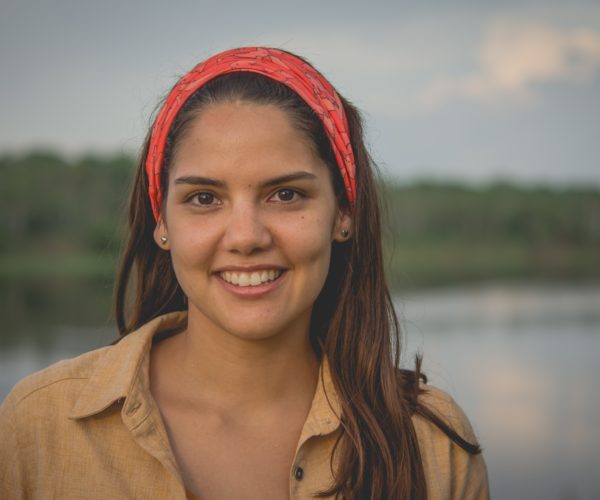Our world-leading marine research underpins a wide range of undergraduate and postgraduate programmes: Research-led teaching | Exeter Marine | University of Exeter. In our Graduate […]
Author: ee320
MSc Graduate In Focus: Joana Hanock
Our world-leading marine research underpins a wide range of undergraduate and postgraduate programmes: Research-led teaching | Exeter Marine | University of Exeter. In our Graduate […]
MSc Graduate In Focus: Dr Kristian Metcalfe
Our world-leading marine research underpins a wide range of undergraduate and postgraduate programmes: Research-led teaching | Exeter Marine | University of Exeter. In our Graduate […]
MSc Graduate In Focus: Kieran McCloskey
Our world-leading marine research underpins a wide range of undergraduate and postgraduate programmes: Research-led teaching | Exeter Marine | University of Exeter. In our Graduate […]
MSc Graduate in Focus: Dr Kylie Scales
Our world-leading marine research underpins a wide range of undergraduate and postgraduate programmes: Research-led teaching | Exeter Marine | University of Exeter. In our Graduate […]
MSc Graduate in Focus: Liliana Poggio Colman
Our world-leading marine research underpins a wide range of undergraduate and postgraduate programmes: Research-led teaching | Exeter Marine | University of Exeter. In our Graduate […]
MSc Graduate in Focus: Matt Carter
Our world-leading marine research underpins a wide range of undergraduate and postgraduate programmes: Research-led teaching | Exeter Marine | University of Exeter. In this #MScGraduateInFocus […]
Developing a New Floating Wind Turbine
Model Tests with a Novel Floating Wind Turbine Concept Dr Ed Mackay & Prof. Lars Johanning, Offshore Renewable Energy Group Floating offshore wind energy has […]
MSc Graduate in Focus: Nathalie Swain-Diaz
Our world-leading marine research underpins a wide range of undergraduate and postgraduate programmes: Research-led teaching | Exeter Marine | University of Exeter. In this #MScGraduateInFocus […]
MSc Graduate in Focus: Elizabeth Campbell
Our world-leading marine research underpins a wide range of undergraduate and postgraduate programmes: Research-led teaching | Exeter Marine | University of Exeter. In this #MScGraduateInFocus […]

